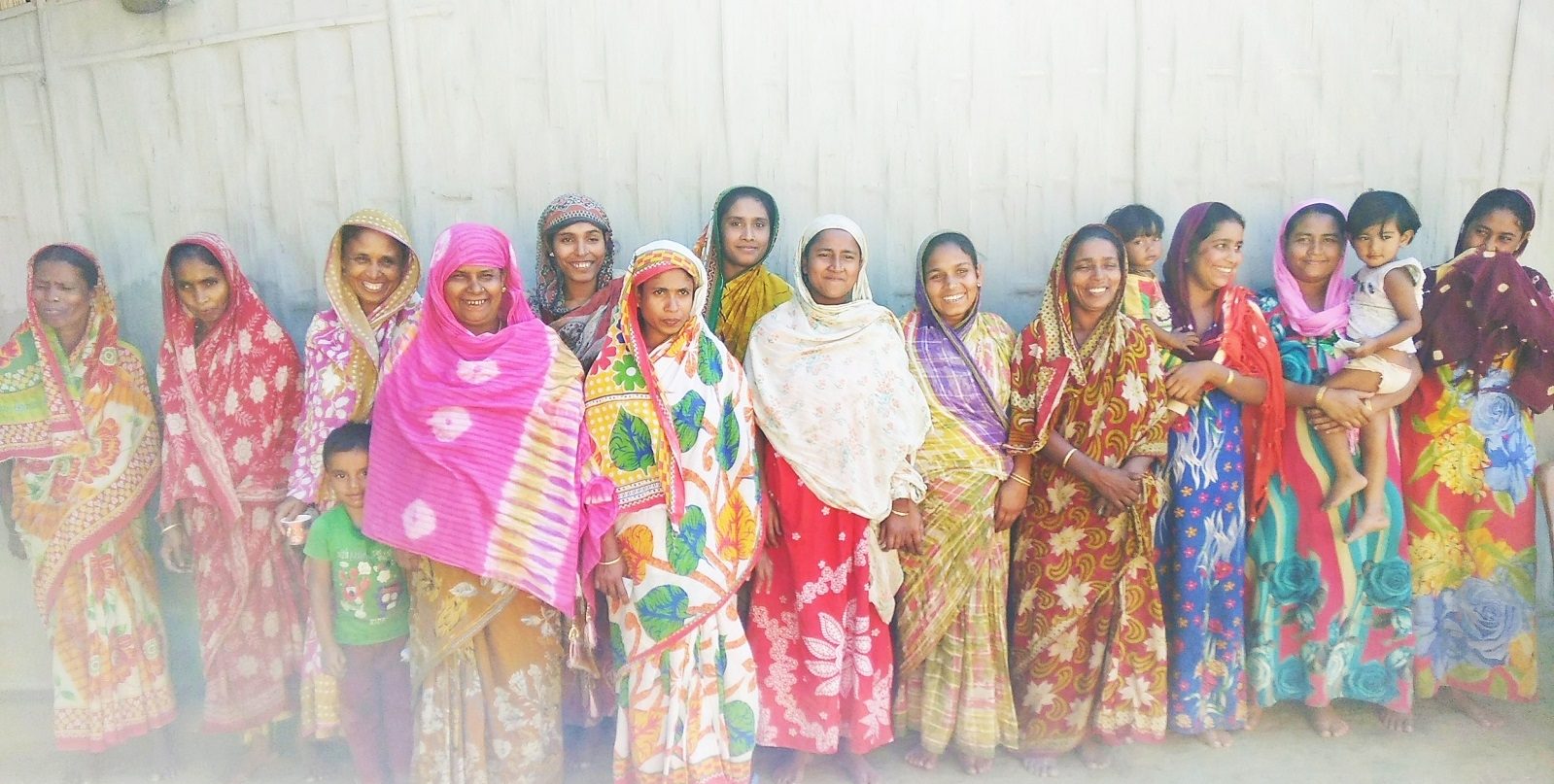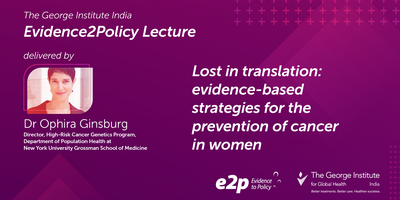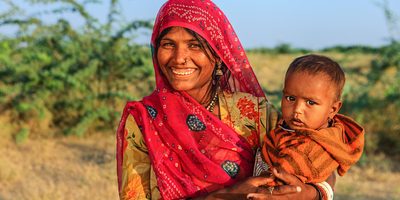
Women’s Health and Gendered Vulnerabilities
Screening and Managing Anaemia in Pregnant Women
Our Women’s Health Program in India addresses the leading causes of death and disability for women, specifically non-communicable disease and injury. The program adopts a life-course approach to address women’s health issues and considers their health from birth to death as a continuum, in which early health-related measures can be indicators for health outcomes later in life.
Screening for and managing anaemia in pregnant women is one of many women’s health projects.
Anaemia during pregnancy increases the risk of pre-term birth and low birthweight, which in turn leads to an increased risk of neonatal death, stunting and wasting. Pregnant women with anaemia are twice as likely to die during or shortly after pregnancy compared to those without the condition.
The National Family Health Survey (NFHS) in 2014 reports nearly 50% of pregnant women neither receive the four minimally recommended antenatal visits nor any anganwadi centre services during pregnancy which are crucial to improve nutrition. This poor utilization of health services is further aggravated by acute shortage of skilled human resources especially in the rural parts of the country.
The George Institute program uses two components; a technology enabled mhealth (mobile health) platform and upskilling community health workers to use the software and understand the risk factors and disease conditions associated with high-risk pregnancy.
Frontline health workers will screen, detect, refer and follow-up women during pregnancy and in postpartum period anemia and adopt a behavior change communication (BCC) strategy to improve nutrition during pregnancy and lactation.
Our flagship m-health platform will include electronic health records, wireless point-of-care diagnostics and clinical decision support system for identification, management, referral and follow-up of all cases.
At the primary health center this will help medical officers to verify recommendations provided by frontline health workers and refer complex cases to nearest sub district or district hospitals. The mHealth platform will be flexible and can be easily used with the currently available technology platforms at all levels of healthcare facilities. This program will also consider innovative methods to foster self-directed learning, improve best practices and strengthen access to communication resources to health workers online and offline and activate self-help groups to improve community awareness and service utilization.
Help us to implement an initiative to prevent maternal anaemia - Anaemia Mukt Matritv Abhiyaan (AMMA).






